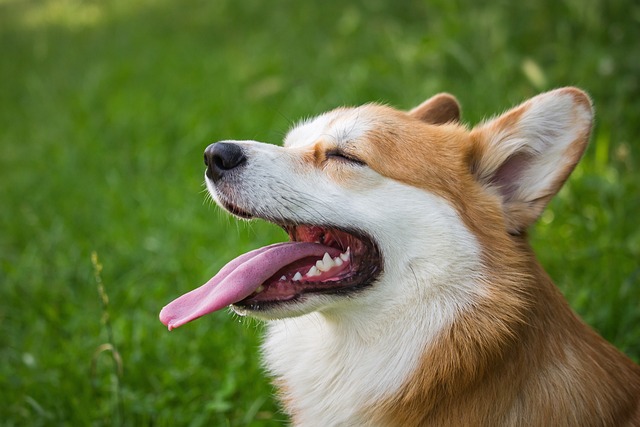
What vitamin is good for dogs' skin
Seeing your dog constantly scratch or noticing dry, flaky skin can make you wonder if a simple vitamin might be the solution.
Watching your once-energetic pup slow down can tug at your heart. Those gray muzzles and slower steps don’t mean they’ve lost their spark—they just need activities that fit their rhythm. Senior dog enrichment isn’t about tiring them out; it’s about keeping their minds sharp, their bodies comfortable, and that glint in their eyes alive.
Start with the sense they rely on most: smell. Hide small treats in a soft blanket or a low, shallow box—nothing too high to reach. Let them nuzzle and dig through the fabric to find their reward. It’s gentle on their joints, and that focused sniffing lights up their brain like nothing else. Even dogs with creaky hips can lose themselves in this game, tails wagging softly as they “hunt” for their prize.
Short, leisurely walks work wonders, but adjust the pace to theirs. Skip the busy parks at rush hour—opt for quiet mornings or evenings when the ground is cool. Let them stop to sniff every bush, even if it takes twice as long as it used to. This isn’t about distance; it’s about letting them explore the world at their speed, which matters for their mood as much as their muscles.

Interactive toys designed for seniors make great companions. Look for ones with soft rubber edges or treat-dispensing holes that don’t require strong jaws. A little nudge with their nose or paw should release the good stuff—no frustration, just satisfaction. Rotating these toys keeps things interesting, so they never get bored of the same old thing.
Gentle grooming sessions double as enrichment. Brushing their coat with a soft brush, massaging their paws with warm hands—these moments aren’t just about keeping them clean. They strengthen your bond, and the physical touch eases stiffness in their joints. You’ll notice them lean into your hand, eyes closing in contentment—a sure sign this counts as “fun” in their book.
Consider their changing senses. If their hearing isn’t what it was, use hand signals paired with a calm voice during play. For dogs with cloudy eyes, stick to familiar spaces so they don’t get disoriented. Safety always comes first, and that means avoiding slippery floors during activities or toys that could break into small pieces.
In many communities, keeping senior dogs mentally and physically engaged is part of responsible care. It’s not just about preventing boredom—it’s about supporting their overall well-being, which helps them stay healthier longer. Plus, these quiet moments together? They become some of the sweetest memories, those slow afternoons where time feels like it’s just for the two of you.
You don’t need fancy equipment or big plans. A favorite blanket, a few treats, your undivided attention—those are the ingredients. Watching your senior pup perk up during these activities, that little lift in their head when they spot the treat box, reminds you that age is just a number. Their joy is still there, waiting to be kindled in the ways that fit them best.

Seeing your dog constantly scratch or noticing dry, flaky skin can make you wonder if a simple vitamin might be the solution.
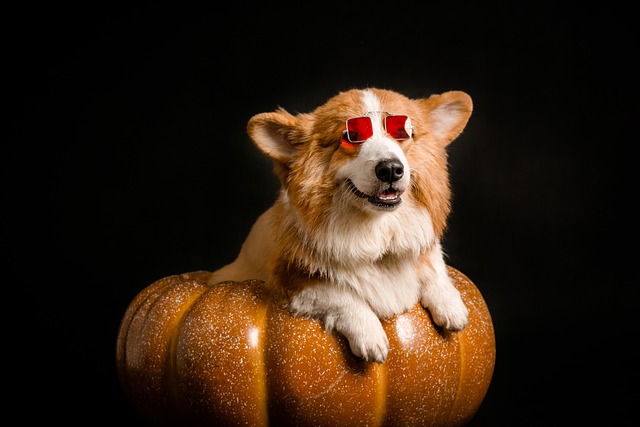
If you’re a new dog parent in the US—maybe you’re sitting on your Portland apartment couch, staring at your 1-year-old Australian Shepherd
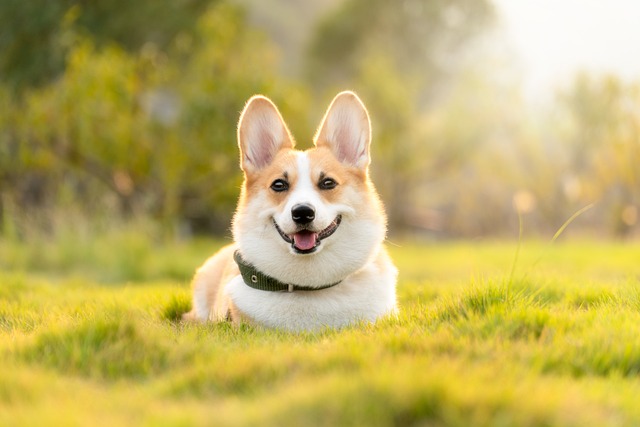
If you’re a new dog parent in the US—maybe you’re sitting on your Atlanta apartment floor, holding your 6-week-old Beagle puppy, Daisy, who’s curled up in your lap

If you’re a new dog parent in the US—maybe you’re standing in your Denver apartment’s kitchen, staring at a bag of high-quality puppy kibble and a bottle
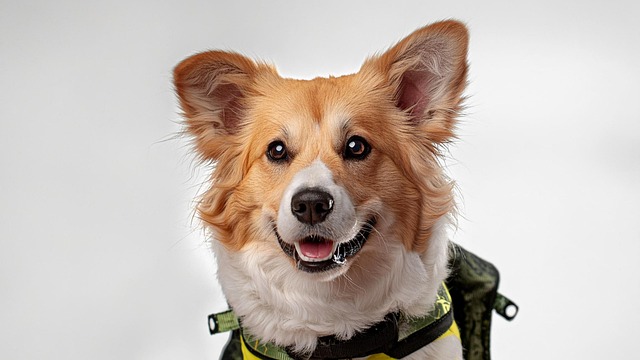
Seeing your puppy grow daily is amazing, and it’s natural to want to give them every advantage, including supplements.
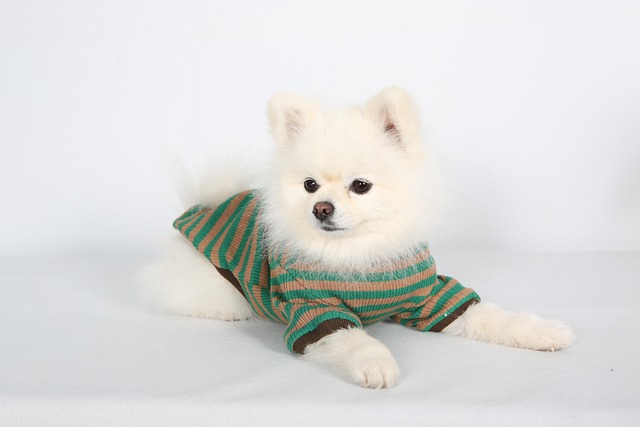
Brown stains on white dog fur aren’t just unsightly—they can also hint at underlying issues like tear duct irritation or poor grooming habits, which matter even more when you’re following local pet care laws.